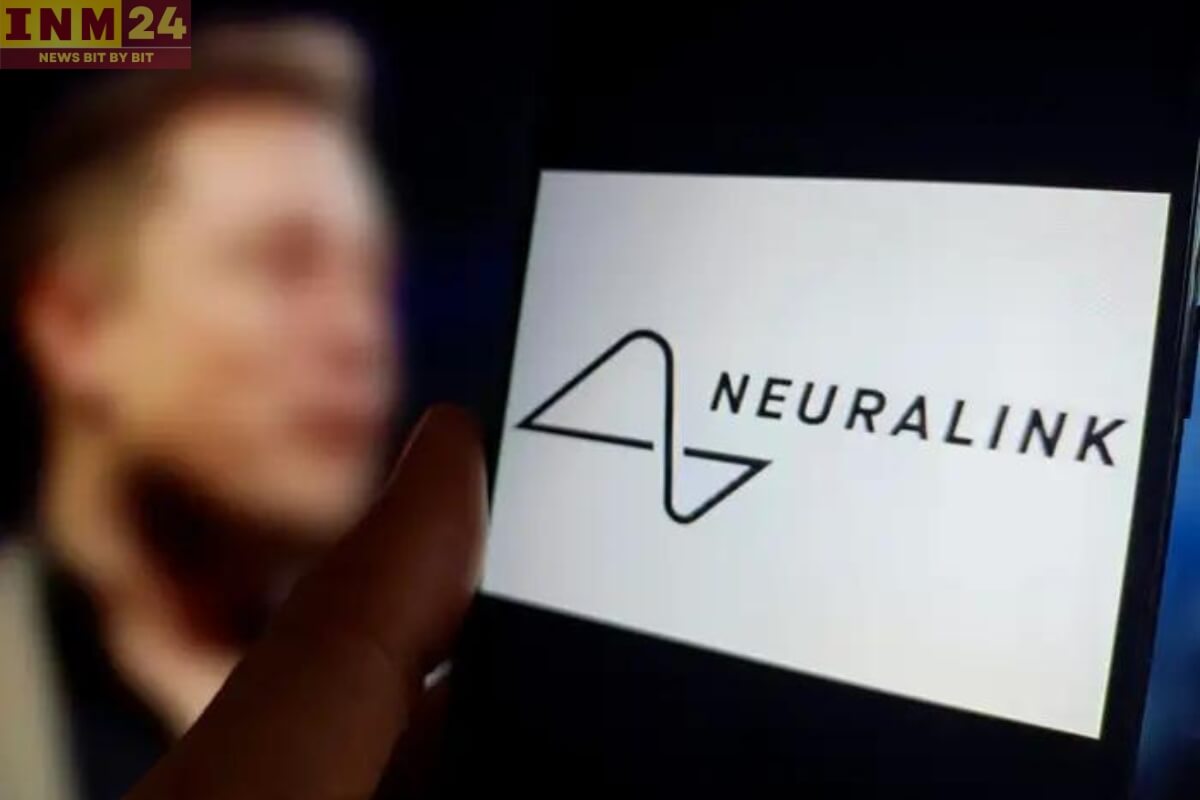In a groundbreaking development that heralds a new era in neurotechnology, Elon Musk, the visionary entrepreneur behind Neuralink, has revealed that the company’s first human patient successfully controlled a computer mouse using only their thoughts. This remarkable achievement represents a significant milestone in the field of brain-computer interfaces (BCIs) and holds immense promise for individuals with neurological disorders, as well as for the future of human-machine interaction.
The Power of Brain-Computer Interfaces
Neuralink, founded by Elon Musk in 2016, aims to develop advanced BCIs capable of bridging the gap between the human brain and computers. By implanting tiny electrodes directly into the brain, Neuralink’s technology enables individuals to interact with computers and other devices using their thoughts alone, bypassing the need for traditional input methods such as keyboards or touchscreens.
A Remarkable Feat of Mind Control
Elon Musk’s revelation that Neuralink’s inaugural human patient successfully controlled a computer mouse with their thoughts marks a significant leap forward in the company’s ambitious goals. This achievement demonstrates the viability and effectiveness of Neuralink’s technology in translating neural signals into tangible actions, opening up a world of possibilities for individuals with paralysis, motor disabilities, and other neurological conditions.
Potential Applications and Implications
The implications of Neuralink’s breakthrough are profound and far-reaching. Beyond enabling individuals to control computers and devices with their minds, the technology holds promise for a wide range of applications, including medical treatments, prosthetics, virtual reality, and beyond. By harnessing the power of the brain’s neural signals, Neuralink has the potential to revolutionize healthcare, communication, and human-machine interaction in ways previously unimaginable.
Challenges and Ethical Considerations
While Neuralink’s achievements are undoubtedly impressive, they also raise important ethical considerations and challenges. Questions surrounding privacy, data security, consent, and the potential for misuse of neurotechnology must be carefully addressed to ensure that the benefits of these advancements are realized responsibly and ethically.
Looking Towards the Future
As Neuralink continues to push the boundaries of what’s possible in the field of neurotechnology, the future looks increasingly promising. With Elon Musk’s ambitious vision and the dedication of Neuralink’s team of scientists, engineers, and researchers, we can expect to see further breakthroughs and innovations that have the potential to transform the way we interact with technology and the world around us.
Elon Musk’s announcement of Neuralink’s inaugural human patient successfully controlling a computer mouse with their thoughts marks a significant milestone in the development of brain-computer interfaces. This achievement not only showcases the incredible potential of neurotechnology but also underscores the importance of continued innovation and exploration in this field. As Neuralink continues to push the boundaries of what’s possible, we are reminded of the profound impact that technology can have on improving the lives of individuals and advancing human understanding of the brain.
